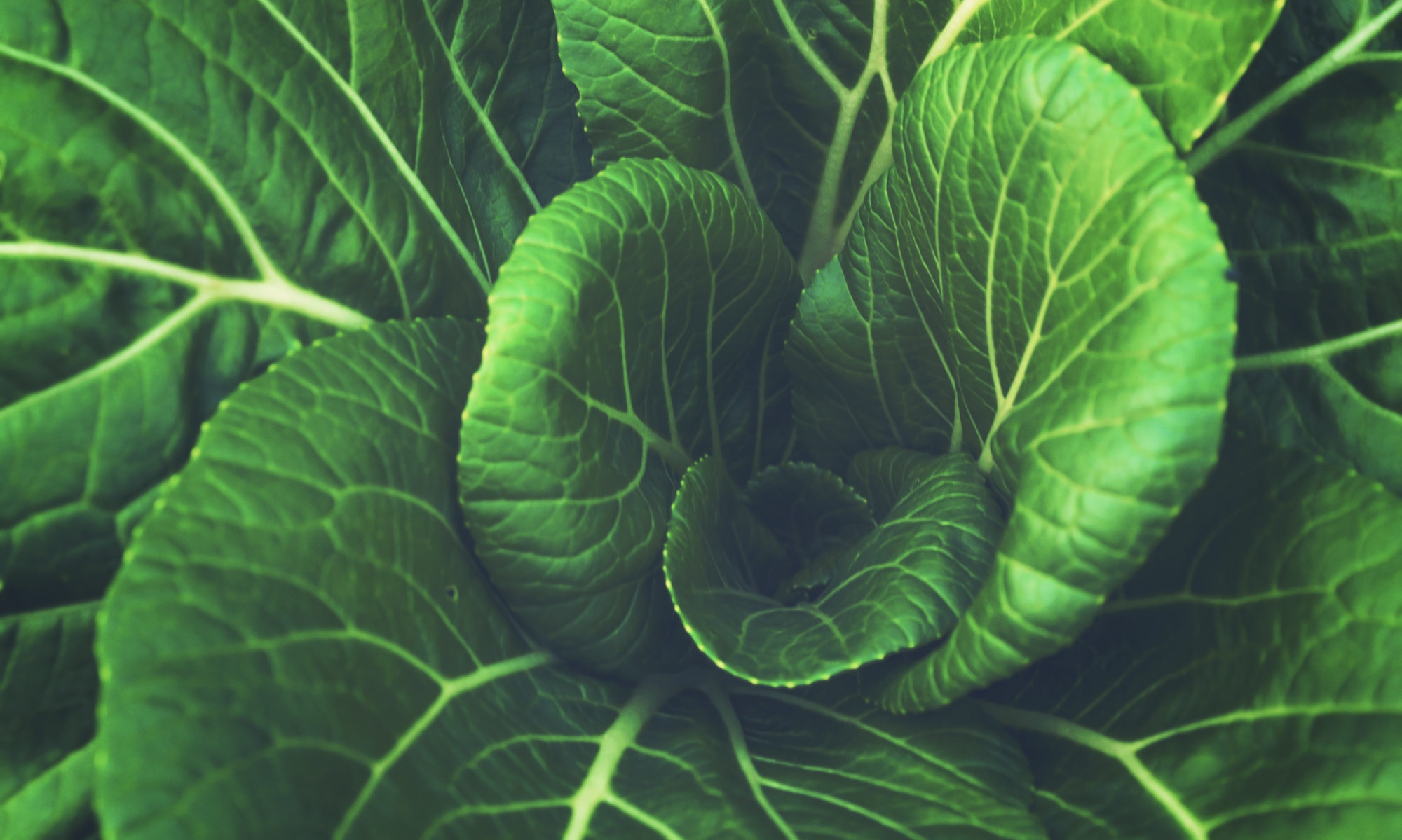Big Brains and the Domino Effect: A Shift in Human Evolution
As you can imagine, hunting and gathering is a task that is not easily accomplished. The organisms that make a living using this method need to be natural scientists, able to deduce conclusions from whatever evidence they find. Without such skills, it would be impossible to follow foot/blood trails from injured animals, or infer the location of prey from sounds and visual cues (broken branches).
On top of this adaptation, it is equally important to have the ability to control one’s own actions in different situations. It would be very counterproductive to grunt loudly if you step on something sharp right next to your prey. More importantly, since hunting is a lifestyle that requires communication between organisms, suppressing emotions would be an essential trait that would enable cooperation. The ability to suppress instincts is most likely the direct reason consciousness evolved.
Neurons and the Gut: An Energy Compromise
All of these necessary adaptations are the direct result of more complex brains. However, at the beginning of this evolutionary cascade, growing larger brains would have been difficult. This is because nervous tissue costs so much energy to maintain. Your brain, which is only 2% of your body weight uses one fifth of your daily energy expenditure. As you can imagine, adding this kind of tissue requires giving up something else. What will give?
The answer may be surprising: digestive tissue. Your stomach is actually the second most metabolically demanding tissue in the body. It is constantly regenerating cells as the digestive acid breaks down the inner membrane. In addition, breaking down food is very demanding, which is why you feel warm after eating a lot. Each unit mass of stomach tissue needs the same volume of blood as an equal amount of brain tissue. Thus, as brains grew bigger, stomachs grew smaller, maintaining the energy budget.
This trend resulted in a positive feedback loop of human evolution. As stomachs grew smaller, more nutrient dense foods were needed for survival. This meant smarter hunter gatherers would be better at surviving, making bigger brains desirable. This further shrunk stomach sizes and repeated the loop until the cycle stabilized at our current proportions.
Excess Adipose: The Fattest of Apes
The evolution of large, expensive brains set off one last evolutionary explosion for our species. The first cause of these adaptations is the fragility of this revered organ. If the brain runs out of energy for even a few seconds, the organ will begin to die rapidly. Natural selection came up with a simple solution: make humans fatter.
Humans’ ability to carry lots of fat ensured that the brain had enough energy to survive through times of famine. While male chimpanzees have below 1% body fat, the most lean human men can only reach 5% body fat before suffering from health issues. The majority of human males have 15-25% body fat. In fact, the last trimester of pregnancy is almost entirely dedicated to making human babies fatter!
This advantage feeds into the feedback loop: fatter humans can afford larger brains. However, the cost of more complexity is the time and effort it takes to develop. It takes about 12 million calories to develop a baby into a fully mature human being, double the amount it takes a chimp. In addition, humans are the only mammal to have a phase of life where the child is not being nursed by the mother but is not fully mature. I am talking about childhood.
Childhood: A Uniquely Human Time Investment
This phase of life is devoted entirely to the development of circuits in the brain. It doubles the time commitments of parents per child, since it takes 7-8 more years until the baby is an independent functional unit when compared to a chimp. This results in the tendency for humans to have few babies with higher parental investment in each child when compared to other animals.
Conclusion
This completes the physical journey of human evolution. As you can see, several key evolutionary events led us to become the fat, endurant, scientific, and efficient organisms that we are. It is often very easy to consider ourselves as separate from nature due to our propensity for consciousness. However, when you realize that the very consciousness that sets us apart from other animals is an adaptation to maximize survival, it becomes clear that all life is cut from the same cloth.
It is important to state that all of the adaptations mentioned above occurred millions of years before the first farmers. Compared to the amount of time it took for these adaptations to arise via human evolution, the time span from the beginning of farming to present day is less than a blink.
That said, the last era of human history has a profound story that left our biology in a state of shock. These changes will be explained in depth in the next post.



6 Replies to “Human Evolution: The Biology of Man”
Comments are closed.